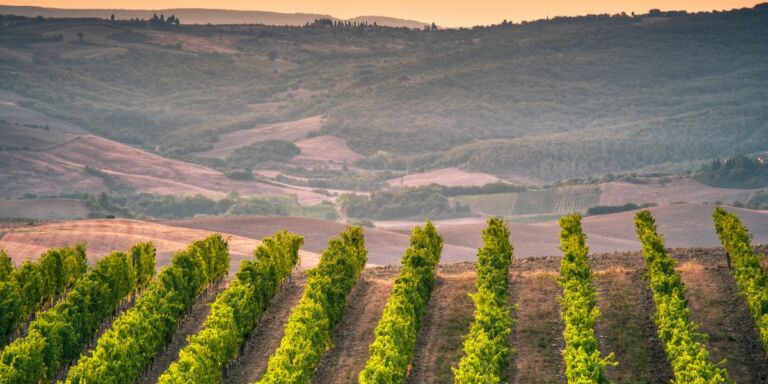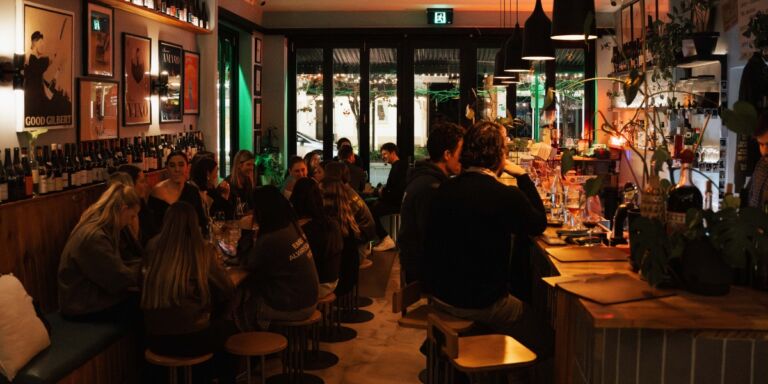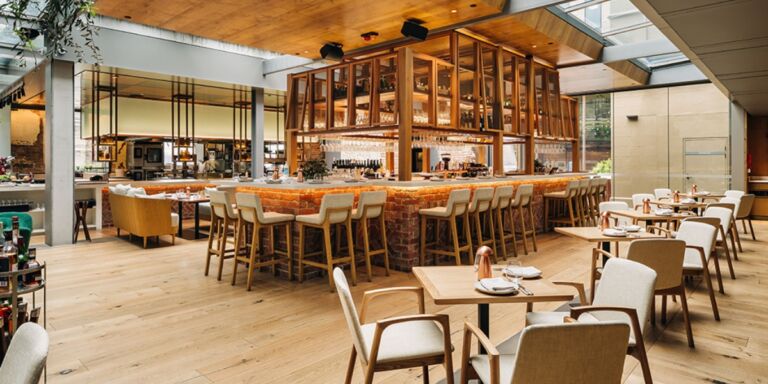If there were a party game called ‘Who has the best job in wine?’, Pierre Lurton would always be in the top two or three. The 65-year-old president of Château Cheval Blanc in St Emilion and Château d’Yquem in Sauternes, as well as Cheval des Andes in Mendoza, is in a buoyant mood when we connect on Zoom.
He’s sitting in a sunlit study with his dog Bertin (‘My wife loves Chambertin so he’s Chien-Bertin’) at Château Marjosse, the Entre-deux-Mers property he bought in 1997 and is now putting serious effort into rebuilding and replanting, and where he’s developing his new range of single-varietal wines. He calls Marjosse his ‘little château’ and tells me how excited he is by its possibilities. His wife Alexandra, a veteran food and wine journalist originally from Brazil (they married in 2020), is running the publicity; by all accounts they are popular members of the rural community.
I spend my life making people happy with wine, and that’s a kind of medicine
Lurton, of course, comes from one of the great Bordeaux families. His father Dominique was the youngest son of the paterfamilias François Lurton (the family tree is as complex as the Kardashians’); his uncle was André Lurton who founded the eponymous wine company; his many cousins run châteaux from Pauillac to Pomerol.
Arguably though, it’s Pierre who has gone the furthest. He trained as a doctor but never went beyond his four-year degree (‘I spend my life making people happy with wine, and that’s a kind of medicine’); at 23 took over Clos Fourtet in St Emilion, one of the fine Lurton properties, and in 1991 he was appointed head of Château Cheval Blanc (it was bought by Bernard Arnault of LVMH in 1998); in 1999 he took on Château d’Yquem, which had just been added to the Arnault portfolio.

He’s worked for the world’s third-richest man for nearly 25 years. Are they friends? Lurton laughs. ‘I have very direct contact but not as a friend. I am very impressed by the man, but he challenges me. He says, “M Lurton, vous voulez continuer à jouer avec nous?” And I say, “Oui M Arnault, I’m very excited to play with you and to play with Yquem and with Cheval Blanc.”’ Lurton says Arnault loves Yquem and Cheval Blanc, but he gripes that the price isn’t high enough. ‘I tell him that people have to get to know wine first, then the price can go up.’ One of Lurton’s big initiatives is to get people drinking Yquem by offering it by the glass, out of double magnum or imperial, in the poshest restaurants in the world.
Lurton divides his time between two of the world’s most exalted wine properties, and comes down to earth in Entre-deux-Mers, the leafy, unpretentious appellation to the east of Bordeaux. In fact, he says he’s finding it difficult to tear himself away: ‘I haven’t travelled for a long time – it’s difficult for me to cross the Atlantic Ocean now because I love my new life.’

He talks of Marjosse with great affection, and mentions other projects such as a farm in Brazil ‘with animals and coffee’ that he and Alexandra have in mind to buy, and how good it would be to spend two or three months there and to come back to Bordeaux ‘for the best season.’ These sound very much like retirement plans, I suggest.
My question doesn’t faze him (this is the charming thing about Lurton – he has the world’s most corporate wine job but is very unstuffy). He laughs. Succession is important, he says, and he’s concerned with what he calls ‘the transmission of the savoir’ to his lieutenants Pierre-Olivier Clouet at Cheval Blanc and Lorenzo Pasquini and Sandrine Garbay at Yquem.
He admits he would like, perhaps, to think of doing something else, but ‘it will be a shock to stop being at Yquem and Cheval Blanc.’ He gives another bark of a laugh: ‘I am a prisoner in a gilded cage, although I am very happy here. At the moment I am trying to pass on many things and after that I will depart quietly, on tiptoe.’

It might sound as if I’ve just heard Pierre Lurton announce his retirement, but I don’t think so. He’s having far too good a time for that, and besides, he’s aware that a man of his energies needs a multiplicity of projects to work on. ‘I love Marjosse, but it’s easier for me to develop it because I have Yquem and Cheval Blanc. I couldn’t do it with the same intensity if I was alone there.’
What was your childhood ambition?
To become a GP [a doctor or general practitioner] in the countryside. I studied medicine for four years but never used my degree to practice.
What do you know now that you wish you’d known when you were 21?
That diplomacy helps a lot.
What exercise do you do?
I like walking in the woods, and sailing.
What is the character trait you most wish you could change in yourself?
Trying to please everyone.
What is the most expensive thing you’ve ever bought (apart from property)?
My old wooden sailing boat. My grand passion, after wine, is sailing. The boat is a 12-metre sailing boat built with mahogany in the 1970s. To be at sea in the sun with a little bottle of Château d’Yquem is my dream.

If you could live anywhere, where would it be and why?
In a tree house in the woods.
If you could do any other job what would it be and why?
I would be a doctor, because I like human contact.
What luxury item would you take with you to a desert island (apart from wine, whisky or spirits)?
A piano.
What haven’t you yet achieved that you want to?
I would like to sail across the Atlantic.
Who would you invite to your fantasy dinner party – and why?
All my family because I don’t see them as often as I’d like. My travels prevent me from sharing my daily life with them.
What’s your guilty pleasure?
Chocolate.
What’s your secret talent?
Cooking.
When were you happiest?
On my 18th birthday, finally independent!
Who do you most admire?
People who are free.
What’s your greatest regret?
Not having visited the North and South Poles.
What album, boxset or podcast would you listen to on a night in alone on the sofa?
Chopin Ballade no. 1 in G minor, op. 23.
What’s your favourite item in your wardrobe?
An old cashmere jumper with a few holes in it.
What’s your favourite restaurant?
My mother’s house.
What time do you go to bed?
Too late.







